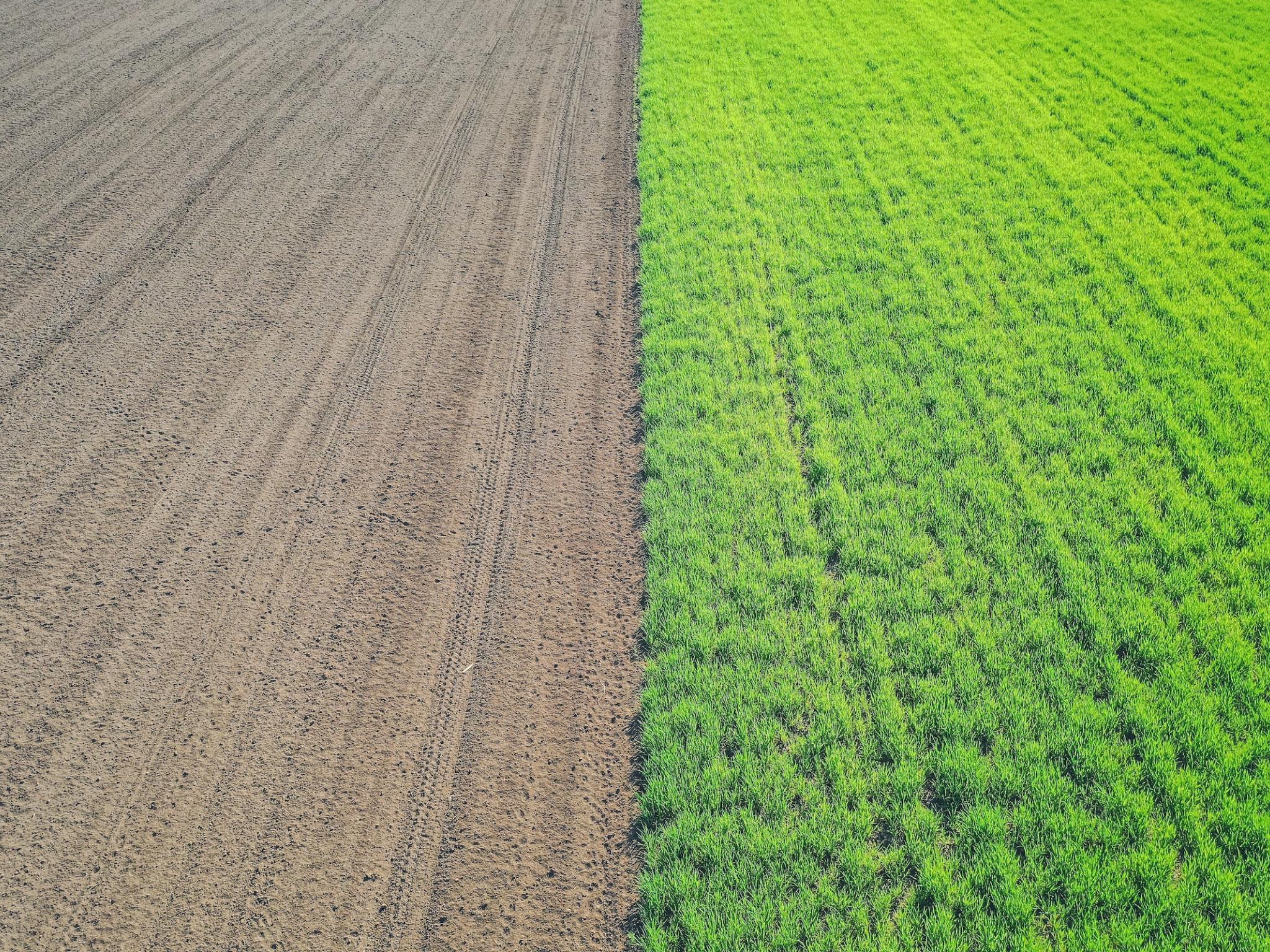
In the last decade, the extension of global cannabis value chains has played an important role in the proliferation of a number of certifications. Increasingly, whether producing cannabis flower, industrial hemp or derived products for global markets, producers have become subject to a variety of certifications, standards and good manufacturing practices.
Certifications are instrumental in adding value to cannabis products and protecting consumers and the environment. Many segments such as organic food are defined by certifications. In order to comply with certification requirements often cannabis producers have to follow strict parameters intended to increase productivity. However, the process to obtain a certification is often expensive and can become a barrier to entry for small-scale and informal cannabis producers.
Recently, Onda Wellness, which produces hemp oil in Boulder, Colorado, became the first company in the world to earn a 'Land To Market' verification, “which confirms that the practices used to grow the crop yield a net positive effect on the vitality of the soil,” reported local media. Onda uses livestock, specifically chickens, turkeys and pigs, to regenerate the soil in Madras, Oregon where the hemp is grown.
Regenerative Agriculture: Now It's Certified
Land To Market verification, an “outcomes-based verified regenerative sourcing solution”, is a private seal that addresses the concept of regenerative agriculture, popularized by the 2020 movie Kiss the Ground.
Broadly defined, regenerative agriculture aims to restore life in soils, through the introduction of biodiversity from plants to bacteria and fungi to insects, arthropods, and livestock as well as nutrients, such as rock dust, manure and compost. An example of a similar seal is the Regenerative Organic Certification from the Regenerative Organic Alliance, which is a 501(c)3 formed by experts in farming, ranching, soil health, animal welfare and farmer and worker fairness.
Unlike organic farming, regenerative agriculture is defined by the creation of beneficial ecological outcomes in the soil and the environment. Although there is no universally accepted definition of organic farming, often the term refers to regulations and protocols set by governments and institutions to avoid the use of synthetic and harmful additives.
Outcome-based
Onda Wellness founder Stephen Smith turned to Land To Market because the program looks at results rather than prescribing a single protocol. “One kind of certification might say you must do X, Y, and Z and we will give you the seal of approval,” Smith said. “But Land To Market says, first we see where you are now, and how can we help you to get a more biodiverse landscape? It’s outcomes-based.”
According to Smith, Onda’s hemp oil delivers higher quality without having to use synthetic or commercial inputs. “No fish emulsion, no boosters. It’s a combination of animals and a variety of crops, including hemp, rotating to build that soil vitality,” he said.







